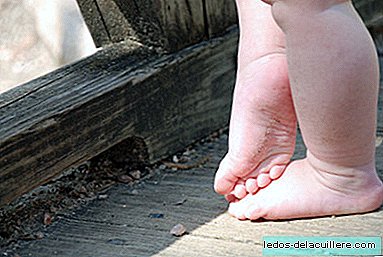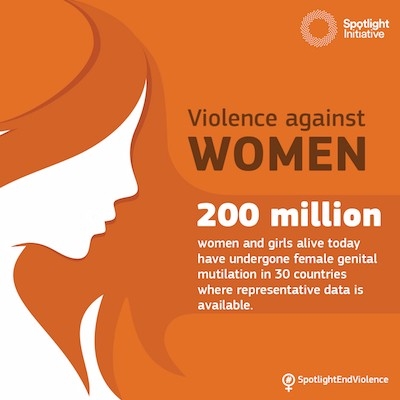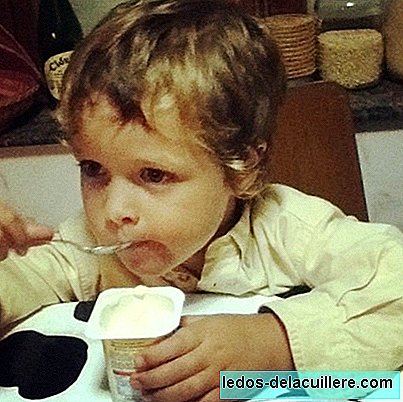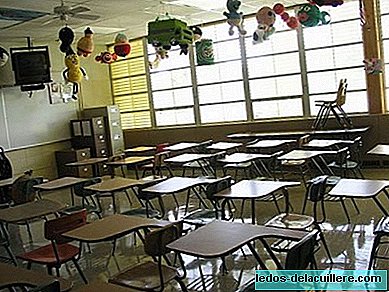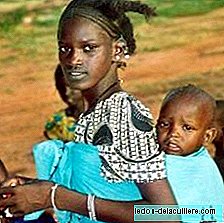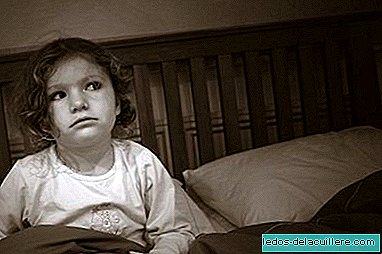
Most authors define nocturnal enuresis as an involuntary discharge of urine which occurs after the age at which night bladder control should have been achieved. And here we come to a point where specialists do not agree, precisely what that age is. From what age can this pathological disorder be considered?
Urinary or bladder incontinence occurs when one is not able to prevent urine from escaping from the urethra, but in children there is no agreement on where the normal limit is established, because the acquisition of control can depend on a multitude of factors that act separately or together.
Educational, environmental, social, family, psychological, hereditary factors may have been involved in nocturnal enuresis ... and studies frequently arise that attempt to systematize the most frequent possible causes of the disorder in certain population groups.
More or less arbitrarily some scholars place the age below which one can never classify a child of enuretic in the four years, others in the five and most in the six years.
The nocturnal enuresis is a disorder that motivates numerous consultations to the pediatrician because of its high frequency in childhood. In the blog we talked about this problem from the age of five, when we indicated that bedwetting affects 10% of children between the ages of five and 16.
This disorder usually improves spontaneously at puberty, and has a prevalence in late adolescence of 1 to 3%, being rare in adulthood.

Primary and secondary nocturnal enuresis
The nocturnal enuresis can be of two types: primary (ENP) if the child has never remained dry, and secondary (ENS) if the child, who had already controlled the urine for more than six months before, returns to wet the bed
This classification for some authors is more theoretical than real, because there are no differences between the two, and even causes terminological confusion. However, for other authors the etiological factors that act in each of the two forms of enuresis are different: in the ENP the genetic and hereditary factors predominate and in the ENS the psycho-affective factors.
- Primary nocturnal enuresis
In this type of bedwetting psychological disorders are almost always the result of bedwetting, but rarely are they the cause. According to the American Psychiatric Association, the possible etiologies of primary nocturnal enuresis consist of a developmental delay, a genetic factor, sleep disorders and alterations in antidiuretic hormone (ADH) levels.
On the other hand, secondary causes such as neurological disorders, urinary infections and anatomical malformations of ureters, bladder and urethra should always be excluded. Another cause of nocturnal enuresis is neuroglucopenia, hypoglycemia that affects the central nervous system, caused by overinsulinization in a diabetic patient.
- Secondary nocturnal enuresis
The latter is defined as enuresis in people who have been completely continents for six to twelve months. Unlike primary nocturnal eneuresis, in secondary the cause is almost always psychological.
Among the most important causes of secondary enuresis, there are emotional disorders, urinary tract infections, epilepsy, sleep apnea and urinary tract malformations.
Children with enuresis sleep worse
According to different studies, children with nocturnal enuresis sleep worse than those without the disorder. They have altered sleep patterns, reflecting a greater number of nighttime awakenings, reduction of calm sleep and greater sleep latency. That is, the natural sleep in nocturnal enuresis is more fragmented.
Children with bedwetting also have a higher level of sleepiness in the morning and afternoon due to episodes of nighttime urination and attempts to keep the child dry at night, which can have a negative impact on their relationship with family and friends, school performance ...
Definitely, before five or six years of age, nocturnal enuresis should be considered as a normal characteristic of development, although as it entails sleep problems and often psychological, you can resort to the advice of the specialist.
From these ages, the pediatrician could advise the best way of acting, always looking for the well-being of the child, who is usually emotionally affected by this disorder.


